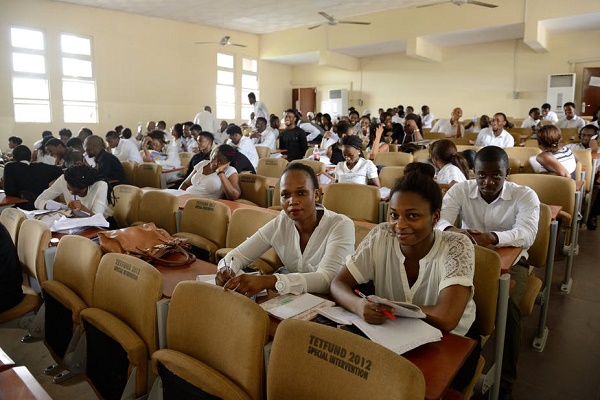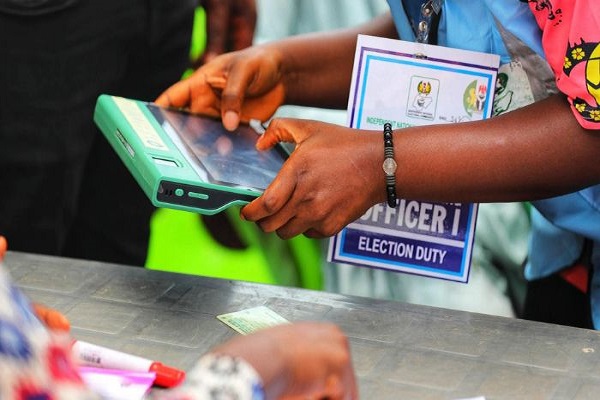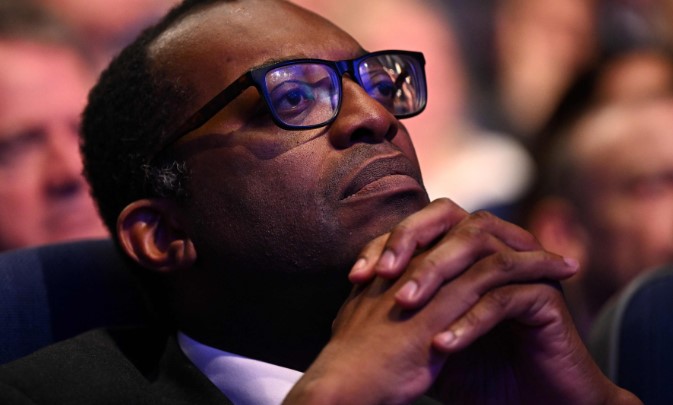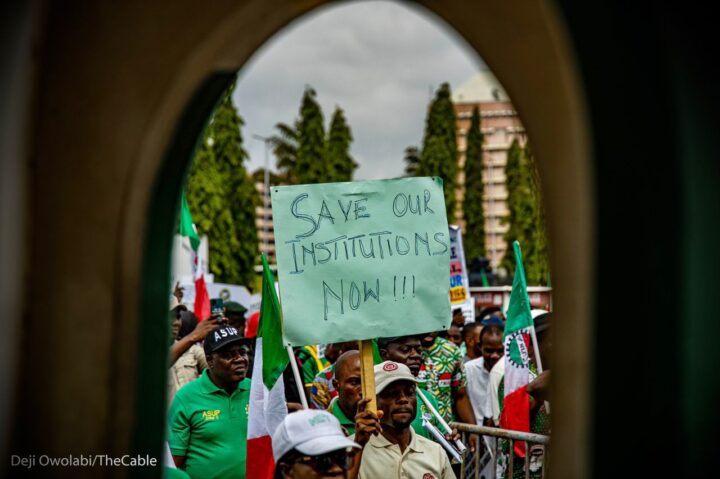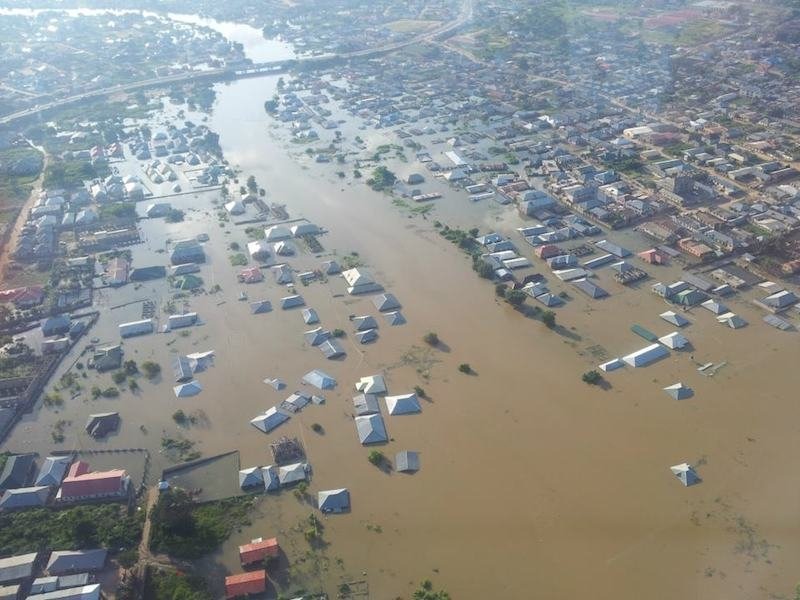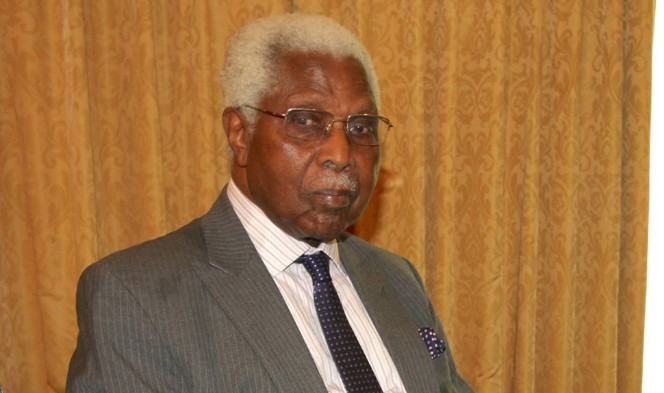PressPayNg to launch app facilitating tuition loans for tertiary institution students
After a protracted strike action that lasted eight months, the Academic Staff Union of Universities (ASUU) suspended the strike last Friday. Concerned stakeholders can now heave a sigh of relief because eight months is a long time for students to sit at home – doing nothing.
Two years ago, ASUU also embarked on a strike action to press home their demands – the strike lasted from March to December 2020 and cost students one full academic session. I sympathise with university lecturers because it is not easy to survive without regular income – except for those who are engaged in other endeavours.
Two days before ASUU called off the strike, Harvard’s Weatherhead Centre for International Affairs hosted a virtual seminar on the strike in collaboration with the Centre for Peace, Democracy and Development of the University of Massachusetts, Boston, USA. I was the guest speaker and the topic was: ‘The needless dog fight between the federal government and ASUU: A way forward’. It was in continuation of the ‘Nigeria in the World’ seminar series – the first in Fall 2022.
The facilitators were Prof Jacob Olupona of Harvard and Prof Darren Kew of Umass, Boston. Dr Arese Carrington, the widow of the late Walter Carrington, American diplomat and former US ambassador to Nigeria, was one of the participants.
Advertisement
I used the opportunity, which lasted 45 minutes, to interrogate the strike in five broad areas:
- The current state of education in Nigeria;
- The history of ASUU strikes;
- What does ASUU want?
- Intervention efforts to save the situation
- The way forward.
I argued that ASUU strikes were more of a “struggle” to save public education in Nigeria, but I also made the point that long strike actions – that appear indefinite – don’t serve any purpose. When they become too frequent and interminable, ASUU strikes lose their myth, purpose and relevance. Although the federal government apologised for keeping students at home for eight months, it would appear that the authorities and ASUU did not care about the psychological well-being of the students and their parents. We hope ASUU will perish the idea of another strike – not in the foreseeable future.
But for the order of the National Industrial Court, ASUU would not have called off the strike. ASUU was actually boxed into a tight corner after the Court of Appeal ruling, and no longer had any choice in the matter – what we call checkmate in chess. The academic staff union reluctantly called off the strike. As a law-abiding organisation, ASUU officials, led by their president, Prof Emmanuel Osodeke, knew they had lost the moral high ground to continue the strike. It became a contest between the law and their right to protest poor conditions of service. The law took its course, making ASUU look like the intransigent party. It was a humbling experience for the striking lecturers.
Advertisement
Unfortunately, some university lecturers believe ASUU has outlived its usefulness. They argue that you cannot keep doing the same thing every time and expect a different result. ASUU has been going on strike since 1988 when it was 10 years old with a cumulative strike period of close to six years. Between 1999 and 2020, ASUU went on strike 15 times! This record portrays ASUU as an unserious organisation. We now live in a fast-changing world enabled by globalisation and rapidly changing technologies. With so much uncertainty around us, members of ASUU must change their tactics. No one planned for the COVID-19 pandemic or the Russia/Ukraine war that heavily impacted global supply chains with concomitant economic challenges.
Kazeem Akintunde, a journalist, in a recent opinion piece, complained that the “strike action that was meant to save the sector from total collapse has now left university education in complete ruins”. But this was not, in my view, the intention of ASUU because some of the children of ASUU members are also affected by the strike action. ASUU is actually fighting to defend public education in the country. With each strike action, students become frustrated and restless. Most parents cannot afford to send their children to private universities much less to study overseas – unlike the privileged students from well-to-do families.
Students are usually frustrated because they are not sure when they would graduate. Instead of spending four years, they end up spending six or seven years in a convoluted academic calendar before they are able to earn their first degrees. Medical and dental students could spend up to 10 years or more before they graduate! Members of the academic community are forced to search for better prospects in other countries. They accept lucrative offers that lead to brain drain which we cannot afford because Nigeria needs to retain its brightest talents at this time. I once teased a Nigerian professor based in Texas, USA, to return home. “Come back to what?” he retorted, suggesting that our public education sector is in bad shape.
So what premium is the federal government placing on education? Is it now a crime to attend public universities? This question is important because private universities are always in session. This should bother ASUU and the federal government. The condition of learning in public schools – from primary and secondary schools to tertiary institutions – is deplorable and shameful. The continuous decay of infrastructure even when we have intervention agencies is worrisome and unacceptable.
Advertisement
To be fair to ASUU, they have been consistent with their shopping list since 2009. They want a conclusion of the process renegotiating the 2009 FGN/ASUU agreement; deployment of UTAS (university transparency accountability solution) as opposed to the government’s IPPIS (integrated payroll and personnel information system); payment of outstanding arrears of earned academic allowances (EAA) and the release of the agreed sum of money for the revitalisation of public universities (federal and states).
Other demands include addressing the proliferation and governance issues in state universities; releasing withheld salaries of academics; settlement of promotion areas and payment of outstanding third-party deductions. I still do not understand why the federal government allowed the strike to drag on interminably. Negotiations between Chris Ngige, the minister of labour and productivity, and ASUU officials, always ended in deadlocks. Those who endured the pain were students and parents – they became the sacrificial lambs.
At a point, Ngige decided to personalise the strike and even engaged in a turf war with Mallam Adamu Adamu, his counterpart in the ministry of education, which resulted in mixed messages. When President Muhammadu Buhari gave a three-week ultimatum for the trade dispute to be resolved, both ministers could not agree on a common ground to work together. There were no consequences for ignoring the presidential directive but Adamu was one of those garlanded with national honours in Abuja recently. Ngige’s personal ego affected a quick and smooth resolution of the crisis. It became evident that officials of ASUU no longer wanted to negotiate with the labour and productivity minister. He lost the respect of university lecturers.
The initiative by the speaker of the house of representatives, Femi Gbajabiamila, and his colleagues to end the strike action must be praised. Gbajabiamila showed tact and diplomacy during the meetings as he searched for a win-win scenario between ASUU and the government to end the face-off. The no-work-no-pay rule that Ngige insisted on was another reason the strike lingered. Gbajabiamila assured ASUU that he would address the matter in his report. Satisfied with the outcome of the negotiations, the speaker went to Aso Villa and briefed President Buhari.
Advertisement
The position of the speaker and his colleagues was that ASUU must shift grounds because, in every negotiation, all parties must act in the spirit of give and take for peace and truce. It was about the same time that Mallam Adamu Adamu met with pro-chancellors and the committee of vice-chancellors (CVC) on September 6 to persuade them to end the strike. Adamu said President Buhari warned the government team against signing any agreement which the government will not be able to implement. He announced that the federal government had approved a 35% pay rise for professors and 23.5% salary increase for all other categories of the workforce in federal universities. ASUU rejected this offer.
To show its level of seriousness, the government team was expanded to include the ministers of finance, budget and national planning; labour and productivity; education; communications and digital economy as well as the director general of the Budget Office and the chairman of the National salaries, Income and Wages Commission. President Buhari sat in some of their meetings. The draft agreement by the Prof Nimi Briggs Re-negotiation team was reviewed and turned down by the committee because the proposed salary increment was “considered unrealistic and out of tune with the current realities of the national economy.” When ASUU received this feedback, its members agreed to continue with the strike.
Advertisement
However, Mallam Adamu announced at the September 6 meeting that the sum of N150 billion was provided in the 2023 budget as funds for the revitalisation of universities to be disbursed to the institutions in the first quarter, while another N50 billion was also provided in the 2023 budget for the payment of outstanding arrears of earned academic allowances, also to be disbursed in the first quarter. Adamu appealed to ASUU to accept these gestures with the chance of doing more in the future. The major constraining factor, Adamu said, was the prevailing economic situation.
After a two-hour marathon meeting with the pro chancellors and CVCs, Mallam Adamu constituted a 14-man committee of eminent Nigerians to look at the additional demands ASUU was making, especially in areas where there had been no consensus. Osodeke, president of ASUU, said during media interviews that he was mightily impressed with the meetings conducted by Gbajabiamila, adding that the strike action would have been called off much earlier if the Speaker was the interface between ASUU and the government.
Advertisement
It was not surprising that Ngige – propelled by his over-bloated ego – walked out on the meeting presided over by the Speaker, an alarming and egregious behaviour by the minister, who has the responsibility of ending the trade dispute in the first place. Ngige also mocked ASUU by saying they should go back to their classrooms instead of wasting money on legal fees. Femi Falana, a human rights activist and senior advocate of Nigeria (SAN), is the lawyer of ASUU and an expert on industrial relations.
In an attempt by the labour minister to break the ranks of ASUU, he decided to register and recognise two rival unions and breakaway factions of ASUU: Congress of Nigerian University Academics (CONUA) and the National Association of Medical and Dental Academics (NAMDA). CONUA immediately issued a statement signed by its national coordinator, Niyi Sunmonu, dissociating itself from the ASUU strike. The body believes that strikes have a crippling effect on the Nigerian university system but it goes on to say that the conditions of service of academics are very poor. How is this position different from what ASUU has complained about over the years?
Advertisement
Funding public education is the responsibility of the federal and state governments because education is on the concurrent list of the 1999 Constitution as amended. But the governments are saying they cannot fund education alone. ASUU does not believe the government is sincere about funding education. The body argues that there are options open to the government to raise money to fund education but what was lacking was the political will to move against oil thieves, end fuel subsidy and reduce the cost of governance.
Talking about corporate governance, ASUU and the governing councils of federal universities should come clean and convince Nigerians that they are capable of managing their own affairs. For example, when it is time to appoint vice-chancellors, there are usually attempts to subvert due process because of vested interests that are driven by primordial sentiments. How often do they submit audited reports of their finances? Such bad examples from the ivory tower do not inspire any confidence in the larger society.
At a forum on reducing corruption in the public sector with a focus on corruption in the education sector in Abuja organised by the Independent Corrupt Practices and other Related Offences Commission (ICPC), President Buhari said corruption was undermining the investment of government in the education sector. He said those who go on prolonged strikes for flimsy reasons are no less “complicit”. This is a direct attack on ASUU.
Meanwhile, federal universities are basically free. The fees paid by students are no longer realistic. It should be reviewed immediately. Available information on National Universities Commission (NUC) website shows that we have 49 federal universities, 59 state universities and 111 private universities. While I concede that we need more universities in view of our growing population, most private and state universities are glorified secondary schools. NUC must worry about standards and the quality of graduates – most graduates cannot write speak or write in English. NUC struggles to accredit courses in most universities because they are not properly staffed.
My recommendation is that federal universities should be autonomous. They should generate their own funds through grants, research and development patents, endowments, consultancy services (exploring the imperatives of entrepreneurship), partnerships and tuition fees. Students can apply for loans or receive bursaries while scholarships should be given to bright students.
The federal and state governments should provide free and compulsory public primary and secondary education with a conducive learning environment. Legislation will be required to grant full autonomy to the federal universities – that is if the ministries, departments and agencies of government will allow the autonomy proposal to sail through.
In his feedback, Prof Olupona argued that public education must be saved in Nigeria. He added that ASUU is acting as the conscience of society because intervention agencies such as TETFUND have become part of the problem – another government bureaucracy with nothing concrete to show for its yearly allocation.
In her contribution, Dr Carrington was concerned about the youths who are our future leaders. When ASUU strikes are frequent and indefinite, students become disoriented. Without the right foundation, she noted, our youths will become a problem to society with a corresponding downside for human capital development.
Prof Kew wondered by the students’ unions no longer have a strong voice compared to the vibrancy of students’ activism of the 70s and 80s. He believes students have a role to play in holding governments to account whenever they speak with a loud voice similar to the #EndSARS protests of October 2020.
Braimah is a public relations strategist and publisher/editor-in-chief of Naija Times (https://ntm.ng)
Views expressed by contributors are strictly personal and not of TheCable.
Add a comment

